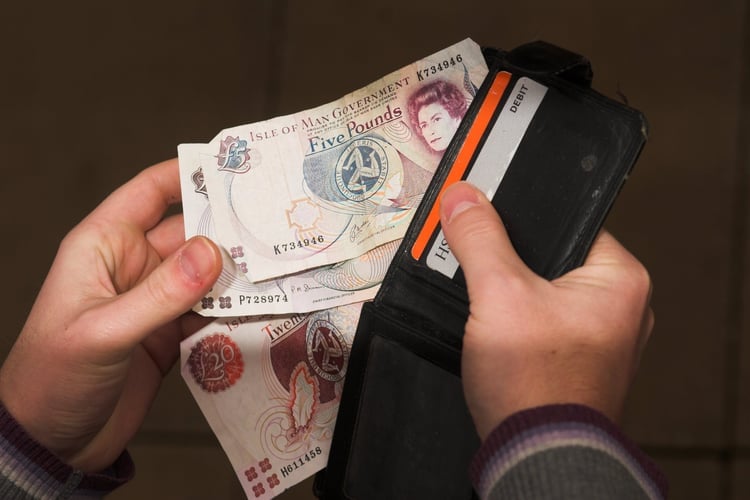Taxation measures introduced by the Isle of Man Government in response to new international standards have been granted qualified status by the Organisation for Economic Co-operation and Development (OECD).
The changes, which came into effect in November 2024, apply only to large multinational groups with annual consolidated revenues of €750 million or more. They were introduced as part of the Island’s implementation of the OECD’s global minimum tax framework, known as Pillar Two.
The OECD has now updated its Central Record of Legislation to reflect the Isle of Man’s Transitional Qualified Status. This means the Island’s Pillar Two Domestic Top-up Tax is formally recognised as a Qualified Domestic Minimum Top-up Tax with Safe Harbour Status. The OECD has also confirmed that the Island’s Multinational Top-up Tax meets the requirements to be treated as a Qualified Income Inclusion Rule.
Treasury Minister Dr Alex Allinson MHK said the confirmation reinforced the island’s commitment to meeting international obligations. He said: ‘This is an important step in our commitment to ensure that our Pillar Two tax regime complies with international tax standards and eases the administrative burden on affected groups as far as possible.
‘The Treasury continues to monitor developments following the G7 statement on global minimum taxes on 28 June 2025, and will ensure that the Island remains competitive and attractive in terms of business growth, innovation and entrepreneurship.’
The Isle of Man’s approach is intended to ensure that multinational companies operating in the jurisdiction pay the required minimum level of tax in line with OECD rules, while giving certainty to businesses about how the regime will be applied.
The Income Tax Division has reminded multinational enterprise groups that fall within the scope of the legislation of their obligation to register for Pillar Two tax in the Isle of Man.
Further information, including registration requirements, is available on the government website at gov.im/pillars.



-110.jpeg?width=209&height=140&crop=209:145,smart&quality=75)
